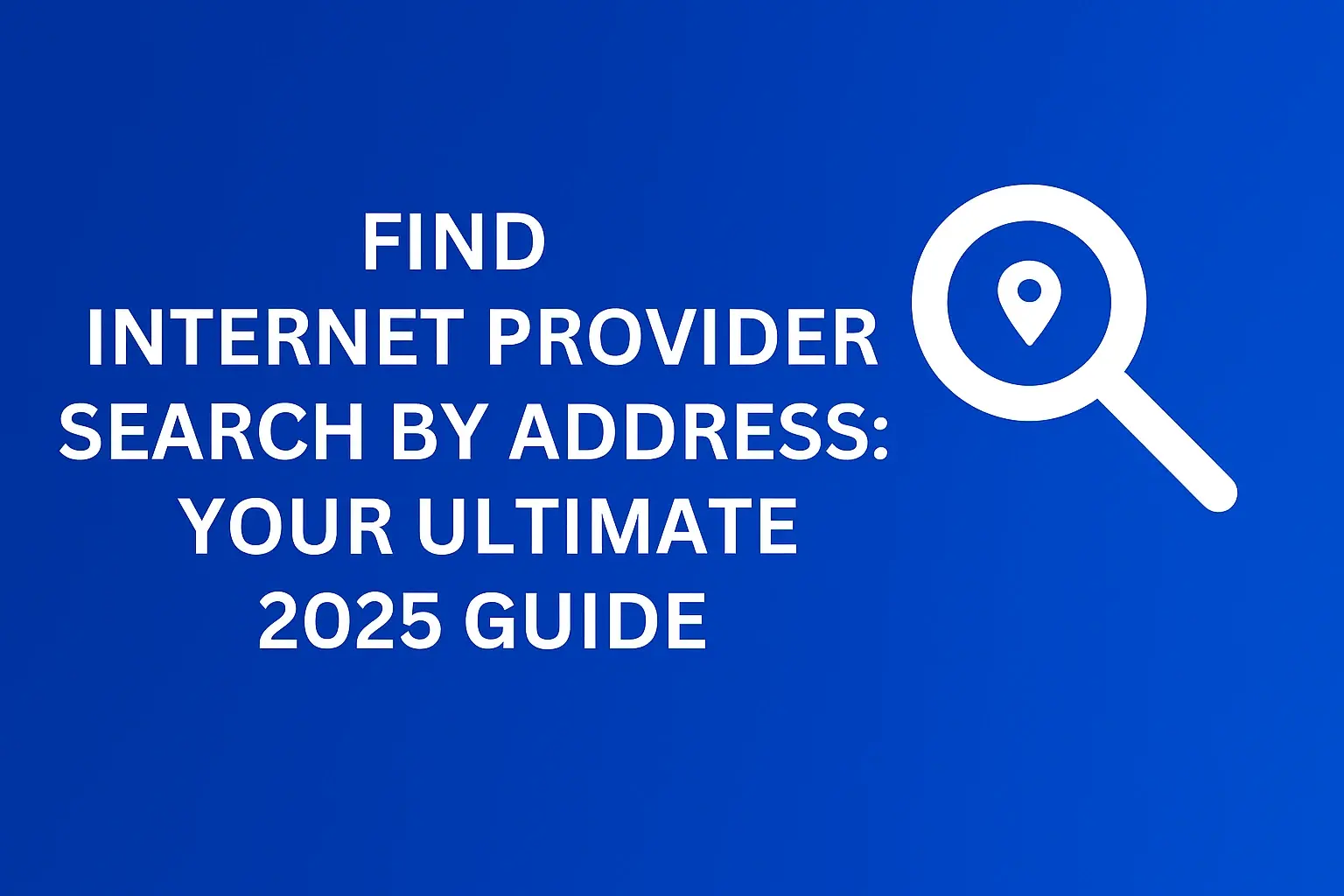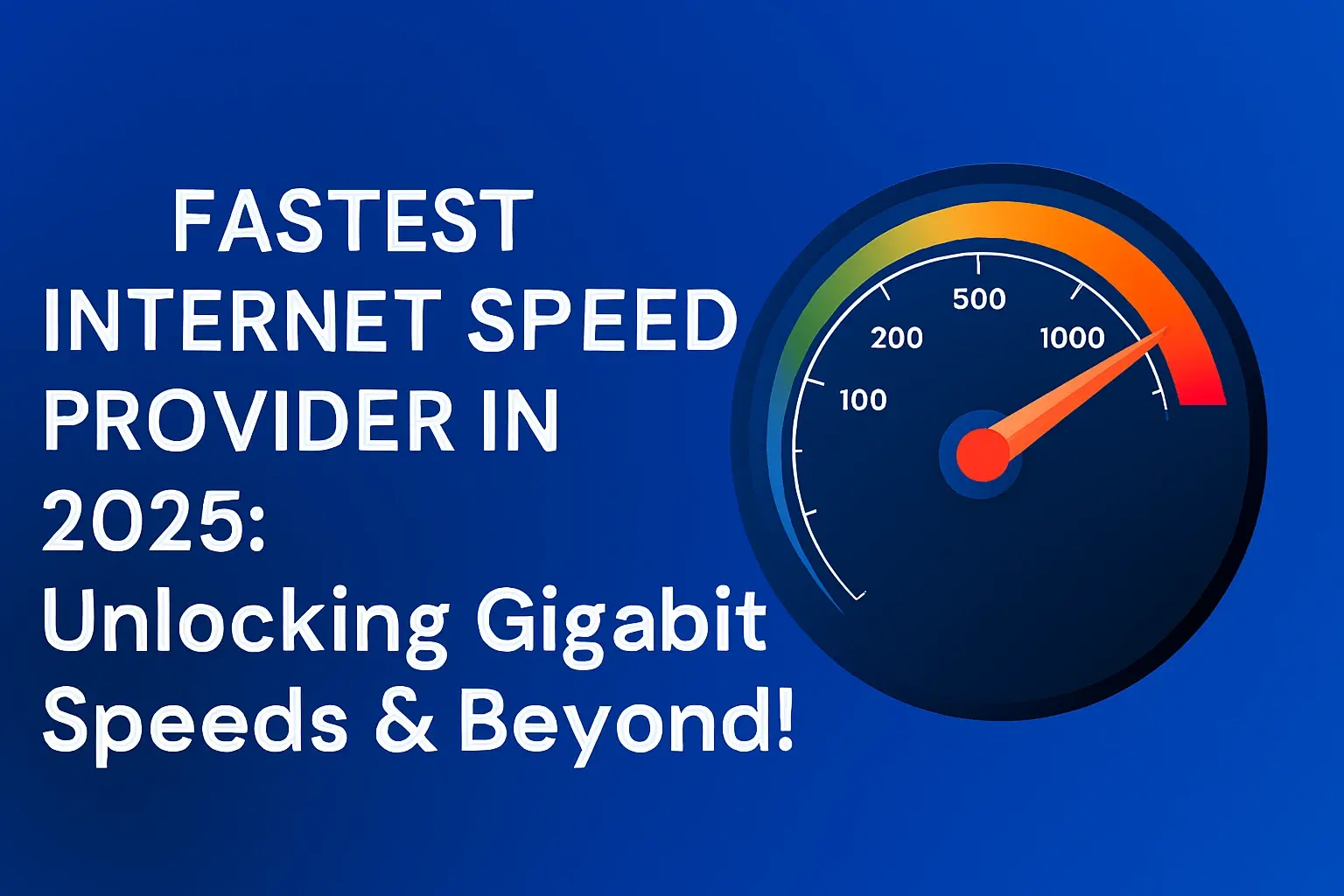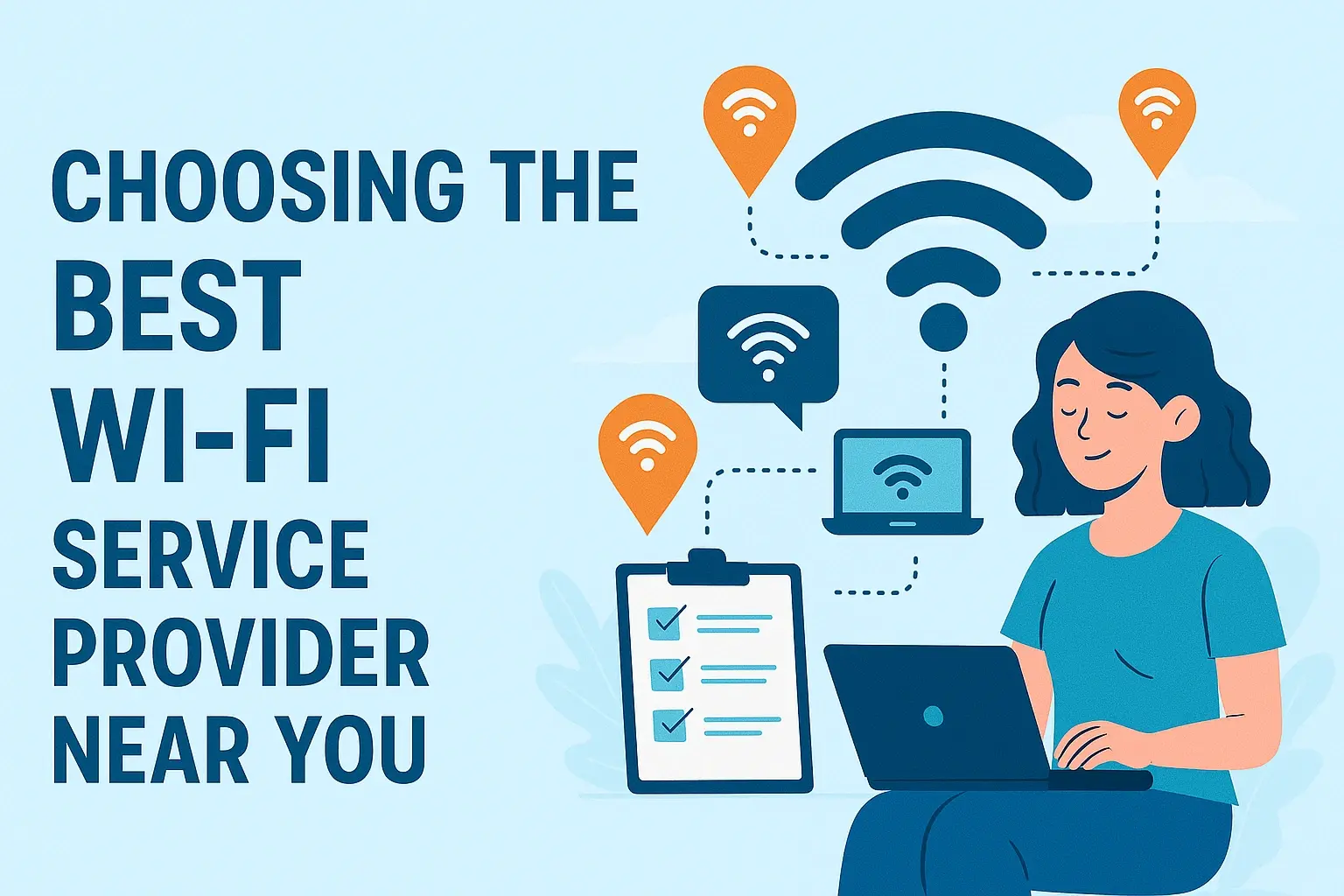What is a good credit score to get a cell phone?

Navigating the world of mobile plans and new devices can be confusing, especially when your credit score comes into play. This guide will demystify what constitutes a good credit score for securing a cell phone contract in 2025-26, helping you understand your options and avoid unexpected hurdles.
Understanding Credit Scores for Cell Phone Contracts
In the competitive landscape of telecommunications, mobile carriers often use credit checks to assess the risk associated with offering their services, particularly for monthly payment plans and device financing. A credit score is a numerical representation of your creditworthiness, indicating how likely you are to repay borrowed money. For cell phone contracts, this score helps carriers determine if you're a reliable customer who will consistently pay their monthly bills. This is especially crucial when you're looking to purchase a high-end smartphone on an installment plan, which involves the carrier essentially extending you credit.
The most commonly used credit scores in the United States are FICO scores and VantageScore. While they use slightly different scoring models, they generally fall within similar ranges and provide a good indication of your financial behavior. Understanding these scores is the first step in determining your eligibility for various cell phone plans and device offers. For 2025-26, carriers continue to rely heavily on these established credit scoring systems to manage risk and personalize customer offers.
When a mobile carrier pulls your credit, they are typically looking at a "soft inquiry" if you're just checking eligibility or a "hard inquiry" if you're applying for a new line of service or financing. Soft inquiries do not affect your credit score, while hard inquiries can have a minor, temporary impact. It's important to be aware of this distinction. Many carriers now offer tools to check your eligibility without a hard credit pull, allowing you to gauge your options more freely.
The credit score itself is a three-digit number that ranges from 300 to 850. The higher the score, the better your creditworthiness is perceived to be. This score is calculated based on various factors, including your payment history, amounts owed, length of credit history, credit mix, and new credit. Each of these components plays a role in how lenders and, in this case, mobile carriers view your financial reliability. A strong credit history demonstrates responsible financial management, which translates to lower perceived risk for the carrier.
For cell phone contracts, especially those involving device financing or premium plans with unlimited data, carriers want assurance that you can meet your financial obligations. They are essentially providing you with a service and often a costly device upfront, with the expectation of receiving payments over a period of months or even years. Therefore, your credit score acts as a primary gatekeeper for accessing these types of services. Understanding the nuances of credit scoring is paramount to securing the best possible cell phone plan and device without unnecessary complications.
What Credit Score Ranges Mean for Cell Phone Plans
Credit scores are typically categorized into broad ranges, each signifying a different level of credit risk. For cell phone contracts in 2025-26, these ranges directly influence the types of plans you can qualify for, the upfront costs you might face, and the devices you can finance. Understanding where you fall within these ranges is key to setting realistic expectations and planning your next move.
Here's a general breakdown of credit score ranges and what they typically mean for cell phone applications:
- Excellent Credit (750-850): Individuals with excellent credit scores are considered very low risk. They typically qualify for the best plans, including premium unlimited data options, the latest flagship smartphones with zero or minimal down payments, and the most favorable financing terms. Carriers actively seek customers in this range, often offering exclusive promotions and loyalty rewards. You can expect seamless approval for almost any plan or device.
- Very Good Credit (700-749): This range still indicates strong creditworthiness. You'll likely qualify for most standard and premium cell phone plans and can expect to finance high-end devices with little to no down payment. While you might not always get the absolute top-tier promotional offers reserved for the highest scores, your options remain extensive and favorable. Approval is generally straightforward.
- Good Credit (650-699): With a good credit score, you're still a desirable customer for mobile carriers. You should be able to get approved for most cell phone plans, including many unlimited data options. Device financing is usually available, though you might encounter a small down payment requirement for the most expensive smartphones. Carriers are comfortable offering services to individuals in this bracket, recognizing a generally responsible payment history.
- Fair Credit (550-649): This is where things can become a bit more challenging. While still possible to get a cell phone contract, you might face more stringent requirements. Carriers may require a larger security deposit upfront, limit your choices to less expensive devices or basic plans, or offer shorter financing terms. Some carriers might require a co-signer. It's crucial to shop around and compare offers from different providers, as some are more accommodating to fair credit customers than others.
- Poor Credit (Below 550): For those with poor credit, obtaining a traditional postpaid cell phone contract can be very difficult. Carriers perceive this group as high risk. You will likely be required to pay a substantial security deposit, potentially several hundred dollars, or be denied service altogether. Your options will be limited to prepaid plans or specific carriers that cater to individuals with lower credit scores. Financing a new device is highly unlikely without significant upfront payment or a co-signer.
It's important to note that these ranges are general guidelines. Specific carriers might have slightly different thresholds or weigh certain factors more heavily. For instance, a carrier might be more lenient if you have a long history of on-time payments with them, even if your overall score is in the fair range. Conversely, a recent missed payment on a major bill could impact your eligibility more than your score might suggest.
In 2025-26, the landscape for those with fair or poor credit is evolving. Some carriers are investing more in alternative data points beyond traditional credit scores to assess risk, such as utility payment history or rental payments. However, for the most part, your FICO or VantageScore remains the primary determinant for postpaid plans and device financing. Understanding your score is the first step in knowing which doors are open to you.
For those looking to get a new phone on a payment plan, a score of 650 and above is generally considered a good starting point to avoid significant hurdles. Scores above 700 open up more premium options and better financing terms. If your score is below 600, you should prepare for potential challenges and explore alternative solutions.
How Mobile Carriers Use Your Credit Score
Mobile carriers employ credit checks as a fundamental part of their customer acquisition and risk management process. When you apply for a postpaid cell phone plan, especially one that involves financing a new smartphone, the carrier needs to assess the likelihood that you will consistently pay your monthly bills. Your credit score provides them with a standardized, data-driven insight into your financial reliability.
Here's a breakdown of how carriers typically utilize your credit score:
- Eligibility for Postpaid Plans: The most immediate impact of your credit score is on your eligibility for postpaid services. These plans, which include monthly billing cycles and often come bundled with device financing, are considered an extension of credit by the carrier. A good credit score signals to the carrier that you have a history of managing debt responsibly, making you a lower risk for their business.
- Device Financing Approval: A significant portion of modern cell phone plans includes financing options for the latest smartphones. Carriers partner with financial institutions or use their own capital to allow customers to pay for devices over 12, 24, or 36 months. Your credit score is a primary factor in determining whether you're approved for this financing and, importantly, the amount you can finance. Higher credit scores generally mean approval for more expensive devices and better financing terms.
- Security Deposit Requirements: For customers with lower credit scores, carriers often mitigate their risk by requiring a security deposit. This deposit acts as a buffer against potential non-payment. The amount can vary significantly, from a small sum to several hundred dollars, and is directly correlated with the perceived risk based on your credit score. A higher score means a lower or no deposit, while a lower score often necessitates a substantial deposit.
- Credit Limit and Plan Tier Access: In some cases, your credit score might influence the credit limit assigned to your account, which could affect the number of lines you can add or the types of premium services you can access without upfront payment. While less common for individual phone lines, it can play a role in family plans or business accounts.
- Promotional Offers and Discounts: While not always explicitly stated, carriers may subtly tier their promotional offers based on creditworthiness. Customers with excellent credit are more likely to qualify for the most aggressive device discounts, trade-in bonuses, and waived activation fees, as they represent the most reliable customer base.
- Soft vs. Hard Inquiries: It's important to understand that when you check your eligibility or get pre-approved, carriers often perform a "soft inquiry." This doesn't impact your credit score. However, when you officially apply for a new line of service and device financing, they will typically perform a "hard inquiry," which can slightly lower your credit score temporarily.
In 2025-26, carriers are also becoming more sophisticated in their risk assessment. While credit scores remain paramount, some are beginning to incorporate alternative data points, especially for individuals with limited credit history. This could include looking at your payment history with utility companies, rent payments, or even bank account activity, though these are not yet universally adopted.
For example, a carrier might see that you have a history of paying your electricity and water bills on time for several years. This positive payment behavior, even if not reflected in a traditional credit score, can sometimes help in borderline cases. However, for most standard applications, your FICO or VantageScore is the primary tool.
The goal for carriers is to minimize their exposure to bad debt. By using credit scores, they can efficiently segment their customer base and offer services accordingly. This means that if you have a strong credit score, you're likely to have a smoother experience and access to a wider range of plans and devices with fewer upfront costs. If your score is lower, understanding these factors helps you prepare for potential requirements like deposits or explore alternative service options.
The Impact of Your Credit Score on Cell Phone Plans
Your credit score significantly shapes your options when it comes to obtaining a cell phone plan, particularly those that involve monthly payments and device financing. The impact is multifaceted, affecting everything from the initial cost to the monthly service fees and the devices you can acquire. In 2025-26, this relationship remains a cornerstone of the mobile industry's customer acquisition strategy.
Here's a detailed look at how your credit score influences your cell phone plan:
Device Financing and Down Payments
This is arguably the most direct impact. When you want the latest flagship smartphone, which can cost upwards of $1,000, most people opt for installment plans.
- Excellent/Very Good Credit (700+): You'll likely qualify for 0% APR financing on devices, meaning you pay the full retail price of the phone spread over 24 or 36 months with no added interest. Down payments are typically non-existent for most devices, even the most premium ones.
- Good Credit (650-699): You'll still likely qualify for device financing, often with 0% APR. However, for the very highest-end devices, a small to moderate down payment might be required. This could range from $50 to $200, depending on the phone's cost and the carrier's specific policies.
- Fair Credit (550-649): Device financing becomes more challenging. You might be approved, but expect a higher down payment, potentially several hundred dollars, especially for flagship models. The financing terms might also be less favorable, or you might be limited to mid-range or older device models. Some carriers may require you to pay a significant portion of the device cost upfront.
- Poor Credit (Below 550): Financing a new device through a traditional postpaid carrier is highly unlikely. You will almost certainly need to pay the full retail price of the phone upfront. If a carrier offers any financing, it will likely come with very high interest rates or require a substantial deposit.
Plan Options and Features
While your credit score primarily affects device financing, it can indirectly influence plan options.
- Premium Unlimited Plans: Carriers often bundle their most feature-rich unlimited data plans with device financing. If your credit score is low, you might be steered towards more basic plans or prepaid options, as these represent less financial commitment for the carrier.
- Number of Lines: For family plans, a good credit score is essential to add multiple lines and finance multiple devices without significant upfront costs or deposits for each line.
- International Services and Add-ons: Access to premium international calling packages or other add-ons might be subject to credit approval, though this is less common than device financing.
Security Deposits
This is a direct consequence of a lower credit score.
- Excellent/Very Good Credit: Typically, no security deposit is required.
- Good Credit: Usually, no deposit is required.
- Fair Credit: A deposit may be required, ranging from $50 to $200, depending on the carrier and the services selected.
- Poor Credit: A significant security deposit, often $300 to $500 or more, is very common. This deposit is usually refundable after a certain period of consistent, on-time payments.
Promotional Offers
Carriers frequently run promotions like "get a new iPhone on us with trade-in and select unlimited plan." These offers are often contingent on good credit.
- Excellent/Very Good Credit: You'll have access to the widest range of promotional deals, including the most generous device trade-in credits and discounts.
- Good Credit: You'll likely qualify for most promotions, though some of the absolute best deals might be reserved for the highest credit tiers.
- Fair/Poor Credit: You may be excluded from many of these aggressive promotions, or the offer might be significantly less valuable, requiring a larger trade-in or a down payment.
Consider this example for 2025-26: A customer with an excellent credit score (780) wants the latest Samsung Galaxy S25. They can get it with $0 down, spread over 36 months at 0% APR, on a premium unlimited plan with a $500 trade-in credit for their old phone. A customer with a fair credit score (600) might want the same phone. They might be required to pay a $250 down payment, finance the remaining amount at a higher APR, and their trade-in credit might be reduced to $300.
Understanding these impacts is crucial. If your credit score is not in the excellent range, you need to factor in potential down payments and deposits when budgeting for a new phone and plan. It also highlights the importance of maintaining good credit for accessing the best deals and services in the telecommunications industry.
Strategies to Improve Your Credit Score for a Cell Phone Plan
If your credit score is not where you'd like it to be for obtaining a favorable cell phone contract in 2025-26, don't despair. There are proactive steps you can take to improve your creditworthiness. The key is consistent, responsible financial behavior over time. While significant improvements can take months or even years, even moderate gains can unlock better options.
Here are effective strategies to boost your credit score:
Pay Bills On Time, Every Time
Payment history is the most significant factor influencing your credit score, accounting for about 35% of it. Late payments can drastically lower your score and remain on your report for up to seven years.
- Set up automatic payments: For all your bills – credit cards, loans, utilities, rent – set up automatic payments from your bank account to ensure you never miss a due date.
- Use payment reminders: If automatic payments aren't feasible, set calendar alerts or use budgeting apps to remind you a few days before bills are due.
- Prioritize on-time payments: Make paying your bills on time your absolute top financial priority.
Reduce Credit Utilization Ratio (CUR)
Your CUR is the amount of credit you're using compared to your total available credit. This accounts for about 30% of your score. Keeping your CUR low is crucial.
- Pay down credit card balances: Aim to keep your credit card balances below 30% of your credit limit. Ideally, keep it below 10% for the best impact.
- Don't close old, unused credit cards: Unless they have high annual fees, keeping older credit cards open increases your total available credit, which can help lower your CUR.
- Request a credit limit increase: If you have a good payment history with a card issuer, you might be able to request a higher credit limit. This increases your total available credit, thus lowering your CUR, assuming your spending remains the same.
Check and Dispute Errors on Credit Reports
Errors on your credit report can unfairly drag down your score. About 15% of credit scores are influenced by the accuracy of your reports.
- Obtain free credit reports: You are entitled to a free copy of your credit report from each of the three major credit bureaus (Equifax, Experian, TransUnion) annually at AnnualCreditReport.com.
- Review reports carefully: Look for any inaccuracies, such as accounts that aren't yours, incorrect payment statuses, or duplicate entries.
- Dispute errors promptly: If you find an error, dispute it with the credit bureau and the creditor involved. Follow their specific procedures for disputing information.
Lengthen Credit History
The length of your credit history accounts for about 15% of your score. A longer history of responsible credit use is generally better.
- Avoid opening too many new accounts at once: Each new account can slightly lower your average age of accounts.
- Keep old accounts open: As mentioned, older accounts contribute to a longer credit history.
Diversify Credit Mix
Having a mix of different types of credit (e.g., credit cards, installment loans like mortgages or auto loans) can positively impact your score, accounting for about 10%. However, this is a less significant factor, and you shouldn't take on unnecessary debt just to diversify.
- Consider a secured credit card: If you have a very limited credit history or are rebuilding credit, a secured credit card (where you provide a cash deposit as collateral) can be a good way to build a positive payment history.
- Explore credit-builder loans: Some financial institutions offer small loans specifically designed to help individuals build credit. You make payments on the loan, and the funds are released to you once the loan is fully repaid.
Responsible Use of New Credit
This factor (about 10%) relates to how you manage new credit.
- Be mindful of hard inquiries: Each time you apply for new credit, a hard inquiry is placed on your report, which can slightly lower your score. Space out applications for new credit.
For instance, if your credit score is currently 620 and you're looking to get a new phone in six months, focusing on paying down credit card balances to reduce your CUR and ensuring all payments are made on time can realistically improve your score by 20-40 points, potentially moving you from the "fair" to the "good" credit category. This can make a significant difference in down payment requirements and plan eligibility for 2025-26.
Remember that credit building is a marathon, not a sprint. Consistency is key. By implementing these strategies diligently, you can steadily improve your credit score and unlock better opportunities for cell phone plans and device financing.
Alternatives if Your Credit Score Isn't Ideal
If your credit score is too low for a traditional postpaid cell phone contract, or if you prefer not to go through a credit check, there are several excellent alternatives available in 2025-26 that can still get you connected with a reliable phone and service. These options often provide flexibility and can be a great way to manage your budget.
Prepaid Cell Phone Plans
Prepaid plans are the most common and often the best alternative for individuals with poor or limited credit. With prepaid, you pay for your service in advance, eliminating the need for credit checks and monthly bills.
- How they work: You purchase a certain amount of talk, text, and data for a specific period (usually 30 days). Once you use it up, you can either recharge your account or wait for the next billing cycle.
- Pros: No credit check required, no contracts, predictable monthly costs, ability to control spending, often cheaper than postpaid plans.
- Cons: May have data caps or slower data speeds after a certain usage threshold, fewer premium features or international options compared to top-tier postpaid plans, and typically you cannot finance a new device. You'll need to purchase your phone outright or use an unlocked phone.
- Popular Providers: Many major carriers offer prepaid options (e.g., AT&T PREPAID, Verizon Prepaid, T-Mobile Connect), alongside MVNOs (Mobile Virtual Network Operators) that use the major networks but offer lower prices (e.g., Mint Mobile, Visible, Google Fi, Boost Mobile).
Buy an Unlocked Phone Outright
Regardless of your credit score, purchasing a phone unlocked means you own it outright. This gives you the freedom to choose any compatible carrier and plan.
- Where to buy: You can buy unlocked phones directly from manufacturers (Apple, Samsung, Google), major retailers (Best Buy, Amazon), or sometimes from carriers themselves (though they might offer financing).
- Benefits: Complete ownership, no carrier financing restrictions, ability to switch carriers easily, often better resale value.
- Considerations: The upfront cost can be substantial for flagship devices. However, older models or refurbished phones can be significantly more affordable.
Refurbished or Used Phones
To offset the cost of buying a phone outright, consider purchasing a refurbished or used device.
- Refurbished: These are pre-owned devices that have been inspected, repaired (if necessary), cleaned, and restored to full working order by the manufacturer or a third-party vendor. They often come with a warranty.
- Used: Purchased directly from individuals or through peer-to-peer marketplaces. While potentially cheaper, they usually come with no warranty and a higher risk of defects.
- Where to find them: Manufacturer websites, reputable online retailers specializing in refurbished electronics, and certified pre-owned programs from carriers.
Consider a Co-signer
If you have a family member or close friend with excellent credit, they might be willing to co-sign your cell phone contract.
- How it works: The co-signer agrees to be legally responsible for the debt if you fail to pay. Their credit history is used to approve the application.
- Risks for the co-signer: If you miss payments, it will negatively impact their credit score. It's crucial to have a clear agreement and ensure you can meet your payment obligations to protect your co-signer.
Carrier-Specific Programs for Limited Credit
Some carriers, particularly MVNOs, are more lenient with credit requirements or have specific programs designed for customers with less-than-perfect credit.
- Focus on MVNOs: As mentioned, MVNOs often have simpler approval processes and are more budget-friendly. They may not perform rigorous credit checks for basic plans.
- "Second Chance" Programs: While less common for cell phones than for other services, some providers might offer "second chance" programs that allow you to get service with a deposit.
For example, if you have a credit score of 580, instead of struggling to get a postpaid plan with a high deposit, you could opt for a prepaid plan from Mint Mobile for $15/month for unlimited talk/text and 4GB of data. You could pair this with a purchased unlocked, refurbished iPhone 12 for $300. This combination provides reliable service and a capable device without the credit hurdles and potential for debt associated with postpaid contracts. This approach is often more financially sound and less stressful for those with credit challenges in 2025-26.
What to Expect in 2025-26: Trends and Tips
The cell phone industry is constantly evolving, and the way carriers assess customers and offer services is no exception. For 2025-26, expect a continuation of current trends, with some interesting developments that could impact how you obtain your next phone and plan. Understanding these shifts can help you navigate the market more effectively and secure the best possible deal.
Increasing Reliance on Alternative Data
While traditional credit scores (FICO, VantageScore) will remain the primary determinant for postpaid plans and device financing, carriers are increasingly exploring alternative data sources to assess risk.
- Utility and Rent Payments: More carriers may begin to look at your history of paying utility bills (electricity, gas, water) and rent on time. This data can be particularly helpful for individuals with thin credit files (limited credit history).
- Bank Account Data: With consumer consent, some providers might analyze bank account activity to gauge financial stability and predict payment behavior. This is a more advanced approach and may not be widespread in 2025-26, but it's a growing area of interest.
- Behavioral Analytics: Carriers might use sophisticated algorithms to analyze app usage patterns or online behavior, though privacy concerns make this a sensitive area.
Continued Growth of MVNOs
Mobile Virtual Network Operators (MVNOs) will continue to offer competitive pricing and flexible plans by leveraging the networks of major carriers.
- Focus on Value: MVNOs are ideal for budget-conscious consumers and those who want to avoid credit checks. Expect more specialized plans from MVNOs catering to specific needs (e.g., unlimited data for streamers, international bundles).
- Innovation in Plans: MVNOs often drive innovation in plan structures, such as customizable data buckets or family plan discounts.
Emphasis on Device Financing and Promotions
The competition for customers, especially those looking for the latest smartphones, will remain fierce.
- Aggressive Trade-in Deals: Carriers will continue to offer generous trade-in values for older devices to incentivize upgrades. Be sure to compare these offers carefully, as they are often tied to specific unlimited plans and financing agreements.
- Bundled Services: Expect more bundling of streaming services, gaming subscriptions, or cloud storage with premium cell phone plans. These perks can add significant value beyond just connectivity.
- 5G Expansion: With 5G networks becoming more robust, carriers will likely continue to push 5G-enabled devices and plans, often highlighting the speed and low latency benefits.
Personalization and Customer Experience
Carriers are investing in technology to offer more personalized experiences and streamline customer service.
- AI-Powered Support: Chatbots and AI assistants will become more sophisticated in handling customer inquiries, from billing questions to troubleshooting.
- Digital-First Approach: More transactions and service management will be available through carrier apps and websites, offering convenience and self-service options.
Tips for Navigating 2025-26
Here are some actionable tips to help you secure the best cell phone plan and device:
- Know Your Credit Score: Before you shop, check your credit score. Sites like Credit Karma or your credit card provider often offer free access. This will set your expectations and guide your choices.
- Compare Offers Extensively: Don't settle for the first plan you see. Use comparison websites and check individual carrier sites (both major carriers and MVNOs) to find the best value for your needs. Pay close attention to the fine print on promotions and financing.
- Read the Fine Print: Especially with device financing and trade-in deals, understand the terms. Are there hidden fees? What happens if you miss a payment? What are the requirements for keeping the full promotional credit?
- Consider Prepaid if Credit is a Concern: If you have fair or poor credit, prepaid plans are a reliable and often more affordable way to get service. You can always switch to postpaid later if your credit improves.
- Budget for the Total Cost: When financing a phone, remember that the monthly payment for the device is in addition to your monthly service plan cost. Ensure you can afford both.
- Unlock Your Phone: If you buy an unlocked phone, you have the ultimate flexibility to switch carriers and plans whenever you want, often finding better deals.
By staying informed about industry trends and employing smart shopping strategies, you can confidently navigate the cell phone market in 2025-26, regardless of your credit score. The key is to be prepared, do your research, and understand your options.
In conclusion, understanding what constitutes a good credit score for a cell phone contract in 2025-26 is crucial for accessing the best plans and devices with minimal upfront costs. Generally, scores of 650 and above open doors to most options, with scores above 700 providing access to the most favorable terms and promotions. If your credit is lower, don't be discouraged; prepaid plans, purchasing unlocked or refurbished phones, or considering a co-signer are excellent alternatives. By knowing your credit standing, comparing offers diligently, and understanding the terms, you can secure a cell phone service that meets your needs and budget effectively.





